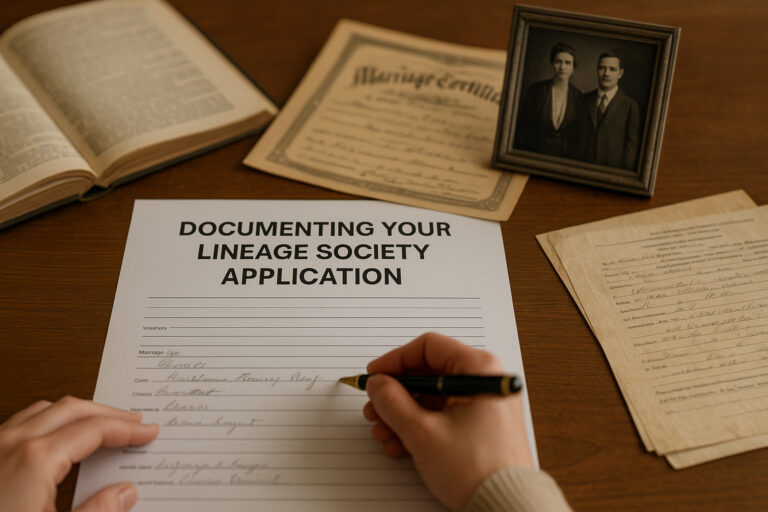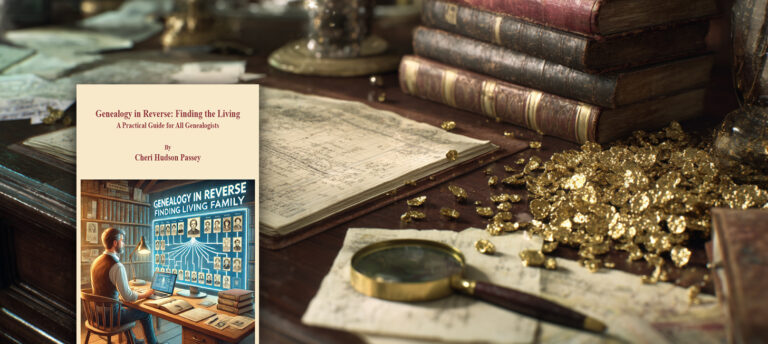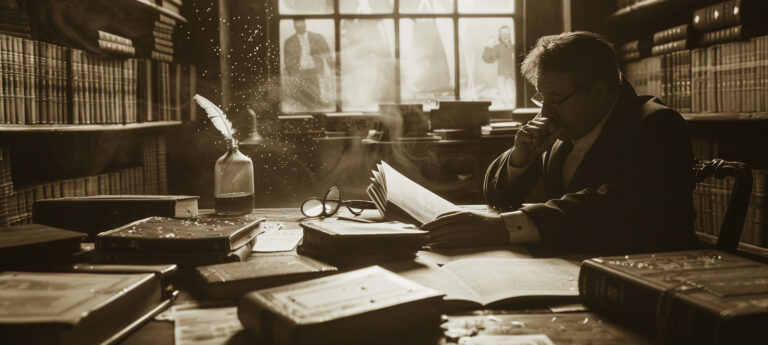“Always Baptists, You Say?”, by Terrence M. Punch, Halifax, Nova Scotia
We’ve run this article by the late, great Nova Scotian genealogist, Terry Punch, a few times; however, it is such an important cautionary (and humorous) tale about the search for church records, we’re running it again today.
Some years ago, when religious sectarianism was closer to the surface, people spoke of the marriage of a Catholic and a Protestant as a ‘mixed marriage’, and it was clearly viewed askance by some. Wags in areas where virtually everyone for miles around was either a Roman Catholic or a Presbyterian would describe the union of a Conservative youth with a Liberal woman as a mixed marriage. I once heard it observed, when a strong-minded Tory lass wed the easygoing son of a local Grit, that ‘John Diefenbaker got another vote there.’

It seemed for years that a person was no more likely to change their partisanship than they were to attend another church. I recall a younger colleague’s dismay when he mentioned how upset his family was that a second cousin had ‘ married outside the church.’ An amiable Cape Bretoner [Nova Scotian] on staff used to say, with a wink, ‘Outdoor wedding, eh?’ and we’d enjoy the fireworks.
I thought those days had gone forever until I began to meet people tracing their family trees and who were wedded to the notion that all of their ancestors had belonged, like themselves, to the Softshell Baptists, or was it the Unmethodical Methodists or the Ruritanian Catholics? One chap insisted so long and so stridently that his people had always been Baptists that I couldn’t resist asking, straight-faced, ‘Even before the Reformation?’ I haven’t heard from him lately for some reason.
It calls to mind the story of the two Scots who argued whose was the older clan. Red Angus MacAdam felt he’d carried the day when he gleefully exclaimed, ‘D’ye ken the name? It means the son of Adam, and Adam was the first man in the Bible.’ Sandy MacHector merely smiled the sort of smile that seems to bestow a pat on the head of an obedient doggie, then warmed to his task. “The history of our family is written in five great books, and there’s a wee footnote in the middle of volume three. It says, ‘At this point the world was created.’ Angus should have asked, ‘And what were they standing on, then?’ “
People doing genealogical research ought to be broad minded and realistic enough to realize that circumstances alter cases. When people live in a sizeable community with a choice of several Christian denominations as well as a few non-Christian places of worship, it is easy to clasp one’s sect to one’s bosom, but when our ancestors settled here the choice wasn’t so rich. Many an Irish Catholic wound up in a place with one church, and that Protestant of some kind. Sooner or later, he’d join the only congregation available, if only to become part of the community. The reverse was equally true. The outcome can be to have a Bridget O’Malley who is Lutheran and a John Knox who is a Catholic. It wasn’t theology that brought this about; it was practicality.
Let me illustrate with an example drawn from my research on families. About 170 years ago an Irishman came to Nova Scotia. He was a Catholic, as would be his son and grandson. His son married an Anglican woman whose paternal grandparents had been Methodists and whose maternal ancestors had been Lutherans until they migrated to Halifax County where there was no Lutheran church, so they attended the Church of England ‘because it was there.’
When our Irishman’s grandson came to marry, his bride was a member of the United Church of Canada, which she had adhered to with church union. She had been baptised as a Presbyterian and had attended a Seventh Day Adventist bible class since her uncle was an elder in that church. Her mother wound up as an Anglican but had been the daughter of a Universalist, while her Presbyterian father (who did not attend church) was himself the grandson of a born again Baptist.
When the young bride married the Catholic she began to accompany her mother-in-law, an Anglican of Lutheran and Methodist background, to the Church of England. Two of her sisters ended in the United Church and two had become Roman Catholics. In such a family, would anyone except a bigot or a fool care to spout recriminations against other faiths? Of course they didn’t, and that is a lesson for genealogists and for all of us. Those seeking ancestors and relatives should be willing to examine the records of various churches for evidence. Those of us who live every day in a pluralistic environment cannot afford the luxury of playing the parochial pecksniff.



